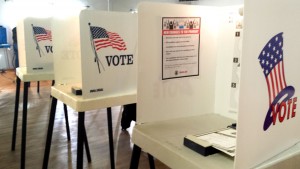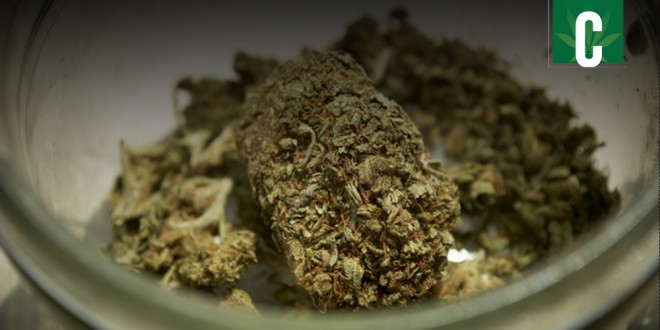Every day that passes raises the hopes of California activists pushing to legalize marijuana in the November election.
 Public support for the idea continues to grow. Money is pouring into the leading ballot campaign. Advocates are coming together.
Public support for the idea continues to grow. Money is pouring into the leading ballot campaign. Advocates are coming together.
When it comes to politics, nothing is guaranteed, but it is increasingly apparent that legalization is on its way. So what would that mean for the state, politically, legally, and culturally? What about the rest of the country?
First, some background. Tech billionaire Sean Parker, the creator of Napster and former president of Facebook, has pumped hundreds of thousands of dollars into his own legalization campaign. He is expecting millions more from big-money lobbying groups.
Strongest bet for legalization
There is no other initiative that stands such a good chance of getting on the ballot. Parker’s group is currently gathering voter signatures to make that happen.
If the proposal appears on the ballot and passes, it would legalize the cultivation, retail sale, and possession of marijuana. Adults could possess up to 1 ounce of cannabis and grow up to six plants.
The plan is similar to those carried out in Colorado, Washington, Oregon, Alaska, and the District of Columbia, which have also legalized pot. Parker’s petition would also impose a 15 percent sales tax and divert money to drug education efforts, addiction treatment, and other public programs.
But nothing in California is quite the same as it is in other parts of the country, so legal weed will likely look different here.
California’s long history with marijuana
For one thing, the state already has a long-standing medical marijuana program and an ingrained culture of open cannabis use. The drug is already easy to get, so legalization likely won’t have the same impact it has had elsewhere.
Still, legalization would give an air of legitimacy to a system long derided as a form of pothead anarchy. It could also mean lower prices for everyone, as there would be no more overpriced black market.
And it would affect an awful lot of people. Roughly 13 percent of Californians, or 5 million people, smoke cannabis each year. It isn’t the highest such rate in the country, but it’s close to the top.
Marijuana possession is already decriminalized
 Non-medical possession of marijuana is currently decriminalized in California, meaning police issue tickets but don’t make arrests. There is no criminal charge or record for possession of small amounts for personal use.
Non-medical possession of marijuana is currently decriminalized in California, meaning police issue tickets but don’t make arrests. There is no criminal charge or record for possession of small amounts for personal use.
The fine for a violation is small: $100 (plus court costs). But removing this would save many people a lot of money, and it would cut the hassle involved in paying a ticket. What the state would lose in these fines it would more than make up in tax revenue.
That’s not to mention the effect reform would have on law enforcement and the criminal justice system in California. The state’s jails and prisons are badly overcrowded, and legalization would give wardens more beds for violent criminals.
Legalization in California would inject momentum into reform movement
But the biggest impact may come in other parts of the country. California is the most populous state, with nearly 40 million residents, and legalization here could dramatically speed the face of reform elsewhere.
If California goes legal, the entire Pacific Coast will allow recreational pot, from Washington to the Mexican border. That wall could extend east to include Arizona and Nevada if they vote to legalize in November – and there is a good chance they will.
A victory in the Golden State might also give reformers impetus in New York, another heavily populated state, and from there the dominos would continue to fall.
Legalization may not be a sure thing in California – nothing is. But the state’s voters seem ready for it, and they are nothing if not trailblazers. They wouldn’t be the first to legalize, but they could be the most important.
 California Marijuana Market Breaking "Marijuana News" from CA
California Marijuana Market Breaking "Marijuana News" from CA





